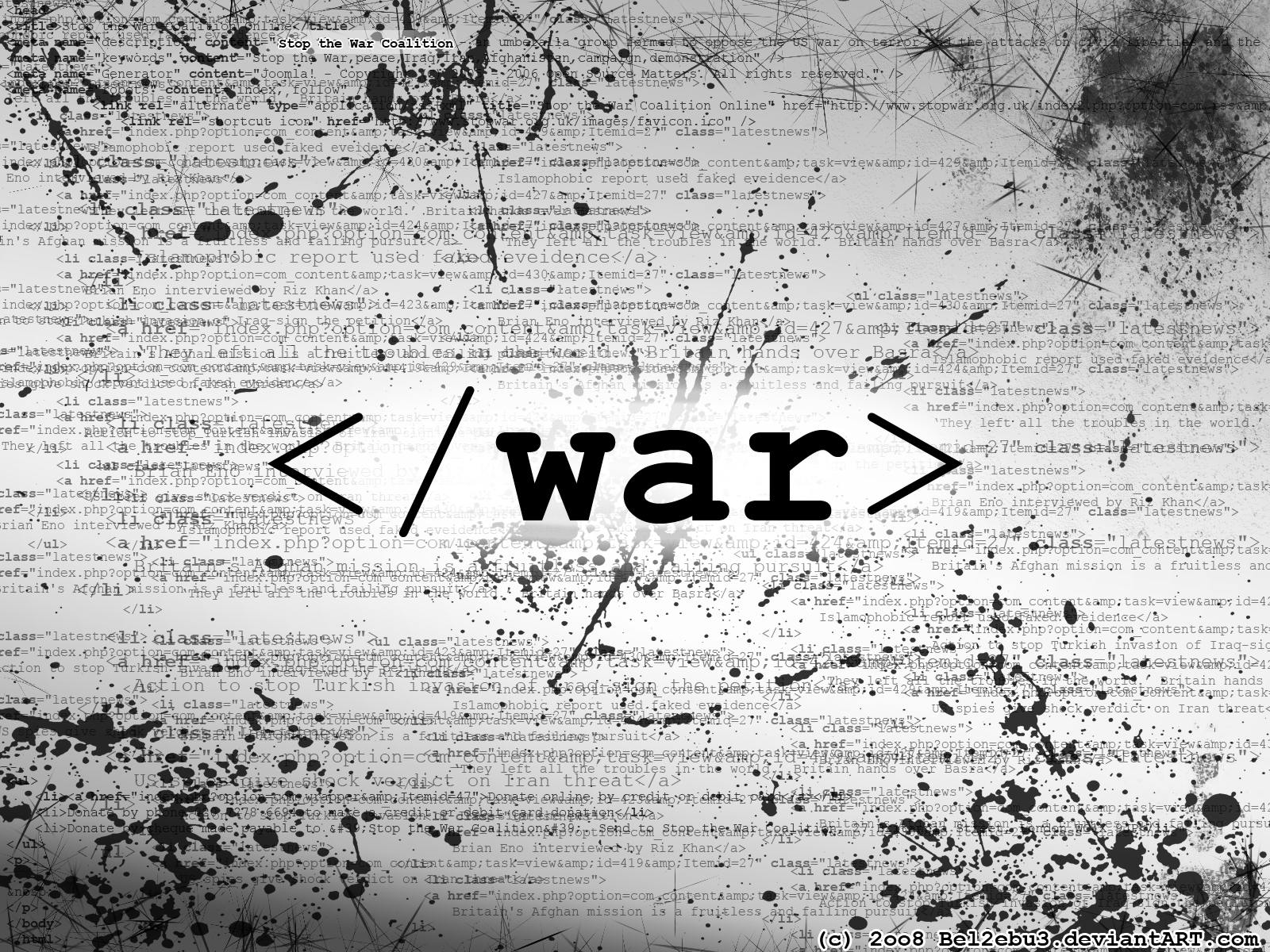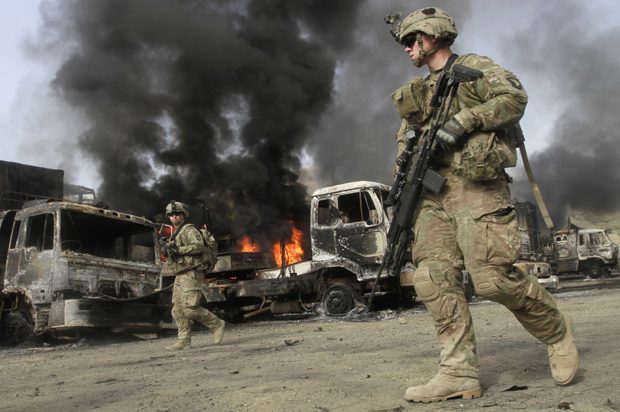 
 字體:小 中 大
字體:小 中 大 |
|
|
|
| 2016/12/15 12:00:19瀏覽314|回應0|推薦4 | |
|
前美國在台協會理事主席卜睿哲今天發表致總統當選人川普的公開信,他提醒川普,「台灣並非可交易的商品」,拿美國的一中政策與中國談判,將製造不確定,置台灣於險境。
各位讀者筆者已透過特殊管道,回函卜睿哲(Richard Bush). 藍色字體是筆者翻譯摘要,各位讀者們,頡取,考備,轉載,請註明出處,謝謝合作. 最早之時美國暗中協助中華人民共和國,加入聯合國,最後逼迫中華民國,退出創立的聯合國,使得中華人民共和國取得常任理事國的合法地位,美國與中華人民共和國建交,而與中華民國斷交,再利用”台灣關係法”,壓制台灣,剝奪台灣人的利益,強迫台灣人購買美國2手淘汰的爛貨武器設備,這樣一來就沒有所謂道德不道德的的事情,國際關係源自於國家利益,天枰永遠無法平衡,只是玩弄法碼添加與減少的技術原則,美國新總統狂人川普,只是看重美國自身利益,急於出售台灣,希望再利用台灣披者,謀求更多的美國利益而已,可憐又可悲的台灣人,就在天枰間,換湯不換藥的被人,任意宰割,論斤秤兩出售,直到利益消失為止.這就是台灣人的宿命,與統一或是台獨議題毫無關係?` 這樣子的戰爭場景將來就會出現於台灣各大城市的街頭? 很精彩很刺激因為不久的將來就會上演各大媒體競相報導現場實況轉播到全世界?你們台灣人屆時叫天天不應叫地地不靈何苦為什麼? 不願意接受和平統一? 你們台灣人的好日子過到盡頭喇接下來就是戰爭的好日子? 台灣關係法沒有任何台灣人簽名蓋章認可,美國人是羊皮的狼,專門欺壓弱勢的台灣人不是嗎? 你們台灣人必須反對美國,要求新任美國總統川普,廢除”台灣關係法”,停止軍售台灣,你們台灣人的仇人是美國人,不是自己的同胞中國人,你們台灣人要警覺,不要再度被美國利用後,再度出賣,親愛的台灣同胞們起來,反對美國霸權主義,反抗美國假借自由民主,蹂躪台灣人,台灣不是美國人的菜,台灣人應該有尊嚴的回歸中華民族,.融入中國,方可永遠太平,否則戰爭的日子愈來愈近喇. 台灣的民進黨,為了自身的利益,將台灣老百姓出賣,用為美國的人肉盾牌,犧牲掉台灣人的利益福祉,讓台灣人陷於戰爭. Dear President-elect Trump.You told Chris Wallace on Fox News Sunday that you “fully understand the One-China policy.” I have no reason to doubt you. But because you may not have received a briefing from the State Department on this matter, I’d like to fill you in on a few aspects of a complicated policy that has not always been well-understood—even by experts on China—through the years. I won’t go over all the history and theology of U.S.-China relations and the Taiwan issue. Just the basics. First, the One-China policy is something the United States adopted and has upheld for itself. Beijing did not impose it. And it dates back decades, to before our establishment of relations with the People’s Republic of China.
Third, because we gave up any hope of a Two-China policy, one consequence of recognizing the PRC was that we could no longer have diplomatic relations with the ROC (no country in the world has diplomatic relations with both). But the Carter administration and Congress created a mechanism to preserve the substance of our relations with Taiwan by working through a nominally unofficial organization, the American Institute in Taiwan (AIT; point of transparency: I was a senior officer of AIT from 1997 to 2002). In fact, AIT is a wholly owned subsidiary of the U.S. government. Its personnel are government personnel, and the business it conducts is government business. The United States does a lot with and for Taiwan, and as long as we do it behind the facade of unofficial relations, China does not complain. The mechanism isn’t the equivalent of diplomatic relations: Taiwan’s president has not had face-to-face meetings with the U.S. president, but through the years numerous channels have been created to facilitate communications between the two on political, security, economic, cultural, and people-to-people issues. There are some limitations on the conduct of relations, but many of these have been relaxed over time and can probably—but quietly—be relaxed further. Would Taiwan prefer the dignity of something closer to diplomatic relations? Of course it would. But it also understands that the hand it holds is the hand it was dealt and that, at the end of the day, its substantive achievements with Washington through the unofficial relationship are much more important. When bilateral communication has deteriorated, it’s not because of mechanism defects, but because American and Taiwan leaders have adopted conflicting goals.
Fourth, there is the issue of the U.S.-Taiwan security relationship. Washington sells a variety of weapons systems to Taiwan. The George W. Bush and Obama administrations each sold over $12 billion in arms to Taiwan. There is robust interaction between our two defense establishments, including on the fundamentals of Taiwan’s defense strategy. The United States warns Beijing about using force against Taiwan, the unstated implication being that we would come to Taiwan’s defense. It’s ironic: We have defense cooperation with a government that we do not recognize, to help it ensure its security vis-à-vis a government that we do recognize. The PRC military threat to Taiwan arises because it has always asserted that the island is part of the sovereign territory of China. It has stated its fundamental policy to seek to resolve its dispute with Taiwan peacefully, yet Beijing has never renounced the use of force—and the People’s Liberation Army continues to acquire capabilities that would be useful in a war against Taiwan. Hence the need for U.S.-Taiwan security cooperation to ensure Beijing does not resort to force. One of the PRC’s stated reasons for its military build-up is to deter a movement on the island to create a Republic of Taiwan, totally separate from China. Beijing is particularly anxious, for historical reasons, that the Democratic Progressive Party—which President Tsai Ing-wen chairs and which is now in power in Taiwan—will move toward independence. But that’s highly unlikely: Taiwan’s core problems are domestic, the great majority of the island’s population and President Tsai want to preserve the status quo, and Taiwan people pragmatically understand that a move to independence would lead to an attack from China. As part of the U.S. One-China policy, American officials have long said that the differences between Taiwan and China should be resolved by peaceful means. That should remain the cornerstone of American policy. Bill Clinton stated an important supplement to the One-China policy in May 2000 when he said: “the issues between Beijing and Taiwan must be resolved peacefully and with the assent of the people of Taiwan.” That last phrase was a welcome recognition that during the 1990s, Taiwan had become a democracy. That meant that Washington believed that the people of Taiwan should now have a seat at the table whenever leaders in Taipei and Beijing argued about the island’s future, and that Beijing had to tailor its unification proposals to accommodate their wishes. It also meant that the people of Taiwan have a stake in any discussions between the United States and China about Taiwan. Taiwan people know that there were times in Taiwan’s history when Washington ignored their wishes when conducting its China policy, and this statement was meant to reassure them that such days had passed. This leads to two important takeaways regarding the state of the U.S. One-China policy:
To enter into negotiations with China on the One-China policy is to create a zone of uncertainty that puts Taiwan at risk. Yours sincerely, Richard Bush
|
|
| ( 時事評論|國際 ) |

















